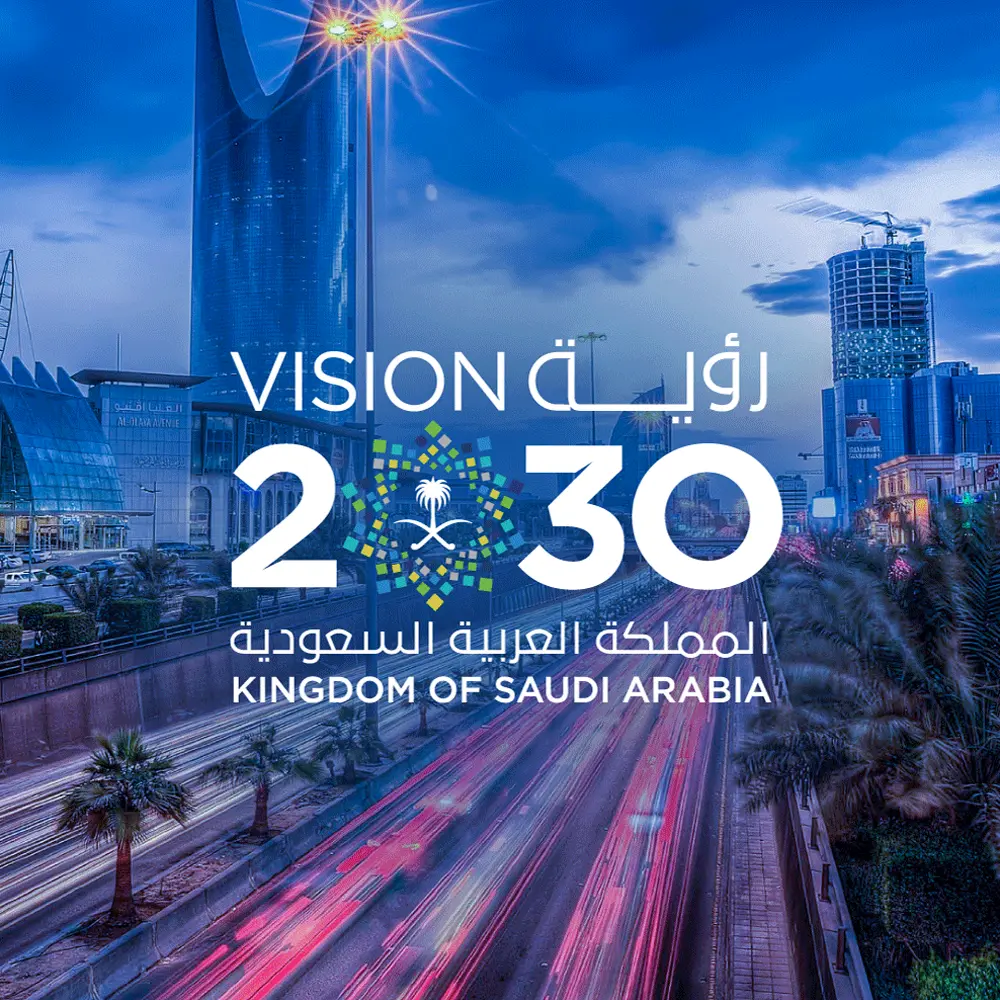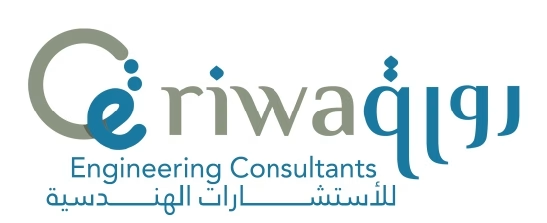
Vision 2030 and Its Impact on the Engineering Sector in Saudi Arabia
The Kingdom of Saudi Arabia is witnessing an unprecedented transformation in the engineering and construction sector, driven by Vision 2030 launched by His Royal Highness Prince Mohammed bin Salman. This ambitious vision is not merely an economic plan but a comprehensive reshaping of the engineering landscape in the Kingdom, with profound impacts on individuals, merchants, and investors. In this article, we explore how Vision 2030 is changing the face of the engineering sector in the Kingdom and the tremendous opportunities it creates for everyone.
Mega Projects: Engines of Engineering Change
The mega projects launched by the Kingdom under Vision 2030 represent a qualitative leap in the world of engineering and design. NEOM, for example, challenges traditional concepts of urban planning through “The Line,” a linear city extending for 170 km without cars or traditional streets, relying on innovative underground transportation systems.
These projects not only require advanced engineering skills but also drive the innovation of unprecedented solutions to complex challenges. The Red Sea Project, for instance, combines luxury tourism development with the preservation of the unique marine environment, requiring sustainable engineering techniques that have never been applied at this scale in the region.
“The mega projects in the Kingdom are not just building structures and infrastructure, but creating a new future for sustainable engineering globally.” – Eng. Abdullah Al-Shehri, Urban Planning Expert
Digital Transformation: A Revolution in Engineering Practices
Vision 2030 is driving the adoption of digital technologies across all aspects of the engineering sector. Building Information Modeling (BIM) has now become a mandatory requirement in major government projects, changing the way engineering projects are designed, implemented, and managed.
Artificial Intelligence and the Internet of Things are strongly entering smart building design, with expectations that the value of the smart building market in the Kingdom will reach $5.8 billion by 2030. This transformation creates an increasing demand for engineers with advanced digital skills and opens new horizons for innovation in areas such as energy efficiency and resource management.
Sustainability: The New Driver of Engineering Innovation
Vision 2030 places sustainability at the heart of urban development, with an ambitious goal of generating 50% of electricity from renewable sources by 2030. This approach is bringing about a radical shift in design and construction practices, with an increasing focus on green buildings and technologies for saving energy and water.
The “Mostadam” system for green buildings, developed by the Saudi Green Building Committee, has become a fundamental standard in evaluating new projects. This system encourages the use of sustainable building materials and designs that take into account local climatic conditions, creating a growing market for innovative engineering solutions in the field of sustainability.
Impact of Vision 2030 on Different Groups
Individuals: Better Housing and Higher Quality of Life
For individuals, Vision 2030 means a tangible improvement in the quality of housing and the urban environment. The Housing Program, one of the vision’s programs, aims to raise the rate of home ownership to 70% by 2030, with a focus on modern and sustainable designs.
Smart cities and carefully planned neighborhoods provide a better living environment, with larger green spaces and integrated recreational facilities. The expansion in the use of smart technologies in homes also allows individuals better control over energy and water consumption, reducing living costs in the long term.
Merchants: New Opportunities in a Growing Market
The commercial sector is witnessing a major transformation with the development of modern shopping centers and integrated commercial areas within new projects. The Qiddiya project, for example, will include advanced commercial and entertainment complexes that attract millions of visitors annually.
Merchants also benefit from the development of logistics infrastructure, with the establishment of advanced logistics centers that facilitate the movement of goods and reduce transportation costs. The expansion of e-commerce is also creating demand for smart warehouses and distribution centers equipped with the latest technologies.
Investors: Promising Returns in a Growing Sector
The engineering and construction sector represents a huge investment opportunity, with expectations that the size of the construction market in the Kingdom will reach $143 billion by 2030. Mega projects such as NEOM and the Red Sea open the way for huge investments in diverse areas, from infrastructure to tourism facilities.
Investment in advanced engineering technologies also represents a promising opportunity, with growing demand for smart building solutions and sustainability technologies. Emerging technology companies in the field of “PropTech” (real estate technologies) are attracting increasing interest from investors, with significant growth potential in the Saudi market.
Future Challenges and Opportunities
Despite the enormous potential, the engineering sector faces important challenges in keeping pace with the ambitions of Vision 2030. The shortage of specialized skills in some advanced technical fields represents a major challenge, creating opportunities for training and professional development.
Developing local building codes that align with global standards while taking into account local conditions also represents both a challenge and an opportunity. Current efforts to update the Saudi Building Code open the way for innovations in building technologies suitable for the local environment.
Conclusion
Vision 2030 represents a historic turning point for the engineering sector in the Kingdom of Saudi Arabia. Mega projects, digital transformation, and focus on sustainability create an environment rich in opportunities for individuals, merchants, and investors.
To keep pace with this transformation, engineers and developers need to continuously develop their skills, adopt new technologies, and think in innovative ways to face complex challenges. Engineering companies that can adapt to these changes will be in a distinguished position to benefit from the tremendous opportunities created by Vision 2030.
At Riwaq Engineering Consultations, we are committed to supporting our clients in this transformative journey by providing innovative engineering solutions that meet the requirements of the new era and contribute to achieving the Kingdom’s ambitious vision


Add a comment
You must be logged in to post a comment.